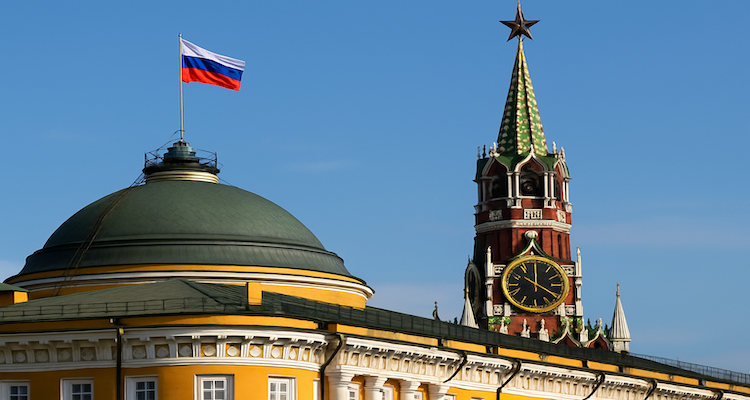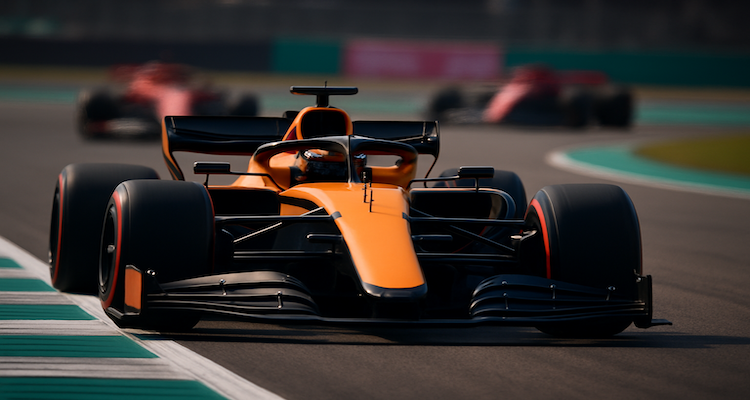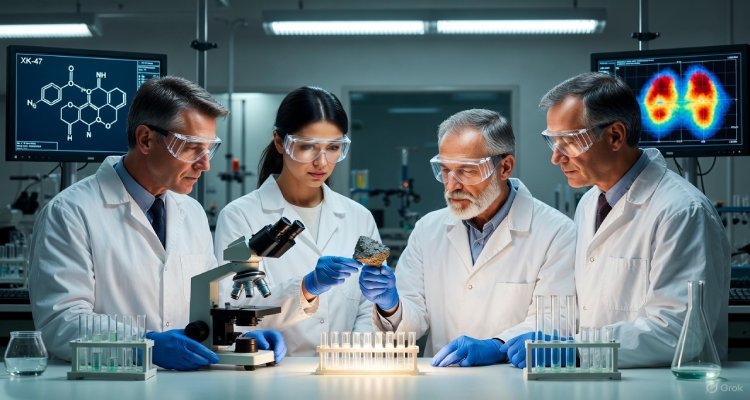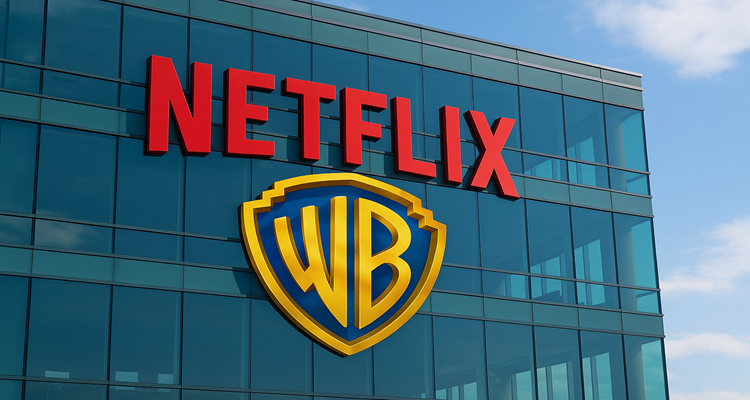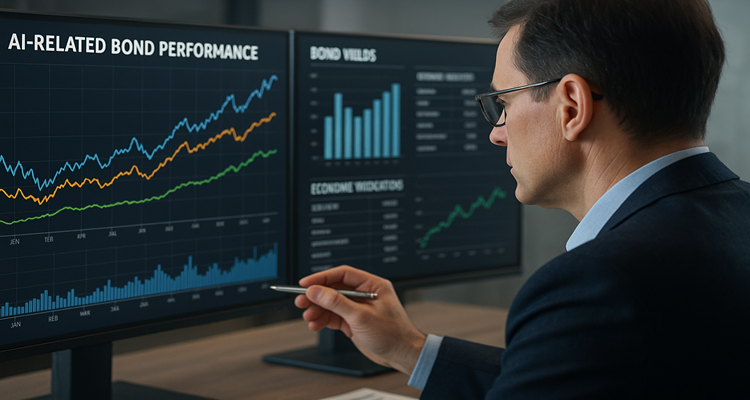Biohacking 101: The Science of Living Better, Longer
Discover the science behind biohacking — how technology, nutrition, and lifestyle tweaks are helping people live healthier, longer, and more productive lives.
Introduction: The Quest for Human Optimization
In a world where health trends come and go, biohacking has emerged not as a fleeting fad but as a movement reshaping how we think about our bodies. It’s the art and science of upgrading the human system—leveraging biology, technology, and lifestyle changes to live better, perform sharper, and potentially extend lifespan. What was once the domain of Silicon Valley visionaries has now entered mainstream wellness, sparking conversations from gym floors to boardrooms.
Context & Background: From DIY Biology to Mainstream Wellness
The term “biohacking” gained traction in the early 2000s, championed by tech entrepreneurs and longevity enthusiasts experimenting with everything from ketogenic diets to wearable sensors. At its core, biohacking isn’t just about futuristic gadgets—it’s about self-optimization.
The practice spans three main approaches:
Nutritional Biohacking – Tailoring diets, supplements, and fasting patterns for peak health.
Technological Biohacking – Using devices like continuous glucose monitors or sleep trackers to gather and act on data.
Genetic & Experimental Biohacking – Pushing boundaries with CRISPR, stem cell therapies, and microbiome modulation.
Once considered fringe science, many of these practices are now supported by peer-reviewed research, driving public interest and investment in the wellness-tech industry.
Main Developments: How Biohacking Is Changing Lives
Recent years have seen a surge in practical, evidence-based biohacking strategies accessible to everyday people:
- Sleep Optimization: Wearables like Oura Ring and WHOOP are enabling users to track and improve sleep quality through precise data analysis.
- Personalized Nutrition: AI-driven platforms now recommend diet plans based on DNA and gut microbiome testing.
- Cold Therapy & Heat Exposure: Methods like ice baths and sauna use, once limited to elite athletes, are increasingly part of wellness routines for inflammation control and mental clarity.
- Nootropics: Cognitive enhancers, from natural herbs to synthetic compounds, are being tested to boost focus and productivity without harmful side effects.
These developments have moved biohacking from a niche hobby to a recognized health strategy, with startups, health clinics, and even governments exploring its potential to reduce healthcare burdens.
Expert Insight: What the Science Says
“The key to biohacking is personalization,” says Dr. Emily Carter, a longevity researcher at the University of California. “Not every hack works for everyone. The real science lies in measuring results and adjusting based on individual biology.”
Nutritionist and biohacker coach David Kim adds, “Biohacking isn’t about extreme measures—it’s about small, sustainable changes that add up over time. You don’t need an expensive lab; sometimes it’s as simple as improving sleep hygiene and mindful eating.”
Public sentiment remains mixed—while enthusiasts praise its transformative potential, critics warn against untested, high-risk experiments. The challenge lies in separating evidence-based methods from pseudoscience.
Impact & Implications: The Future of Self-Optimization
The global biohacking market is projected to surpass $50 billion by 2030, driven by consumer demand for longevity and wellness. In the coming years, we can expect:
- Mainstream adoption of affordable at-home health testing kits.
- Integration with AI for real-time health coaching.
- Regulatory frameworks to ensure safety and scientific validation.
If implemented responsibly, biohacking could shift healthcare from a reactive to a proactive model—focusing on prevention rather than treatment.
Conclusion: Living Smarter, Not Just Longer
Biohacking represents a paradigm shift in how we approach health—bridging ancient wisdom, modern science, and cutting-edge tech. While the promise of living better and longer is enticing, the true essence of biohacking lies in informed, mindful self-experimentation. In other words: measure, adapt, and evolve—because the most powerful upgrade is knowledge.
Disclaimer: This article is for informational purposes only and does not constitute medical advice. Always consult a qualified healthcare provider before starting any biohacking or health optimization practices.

